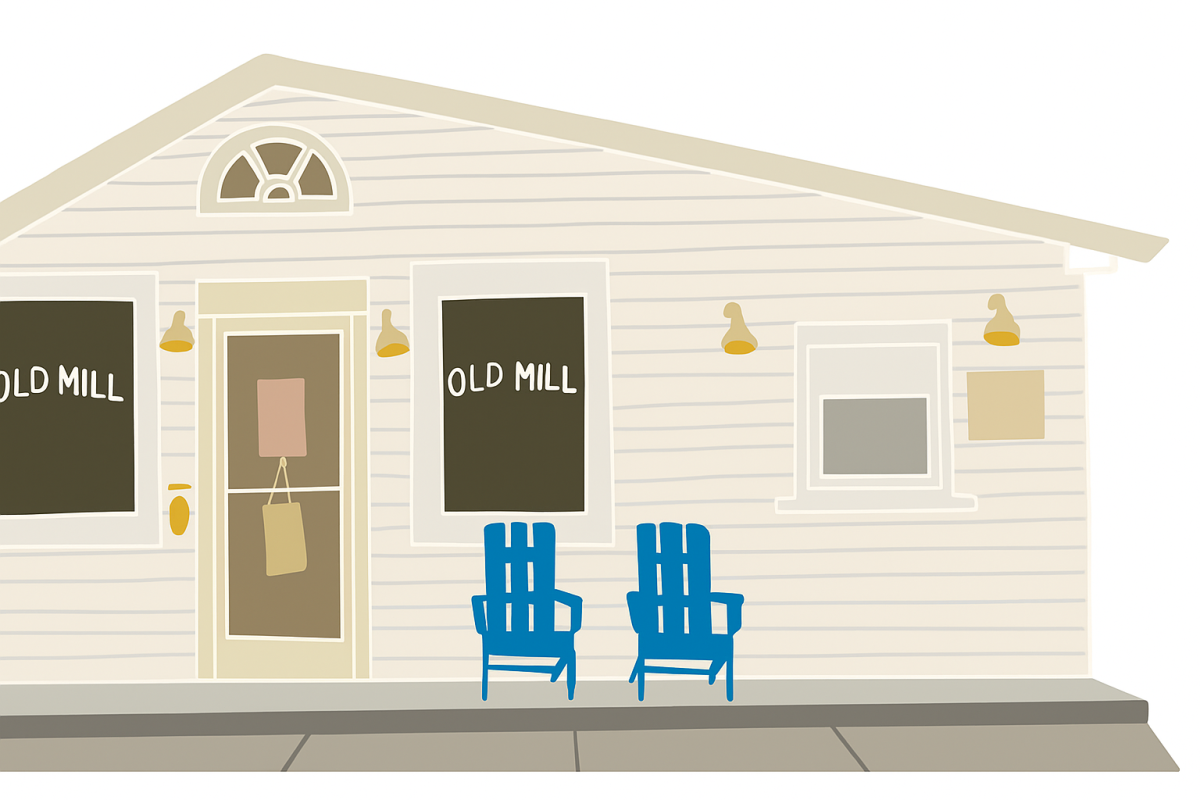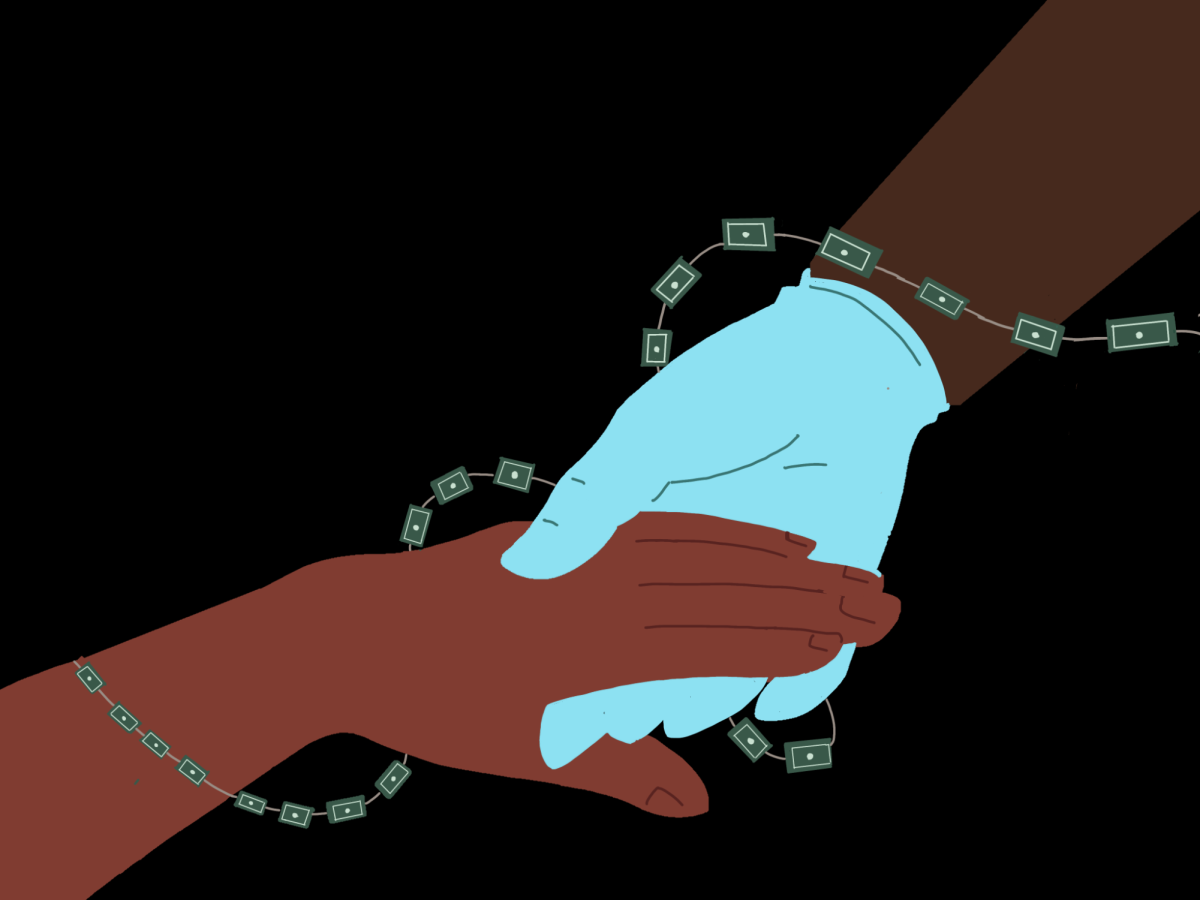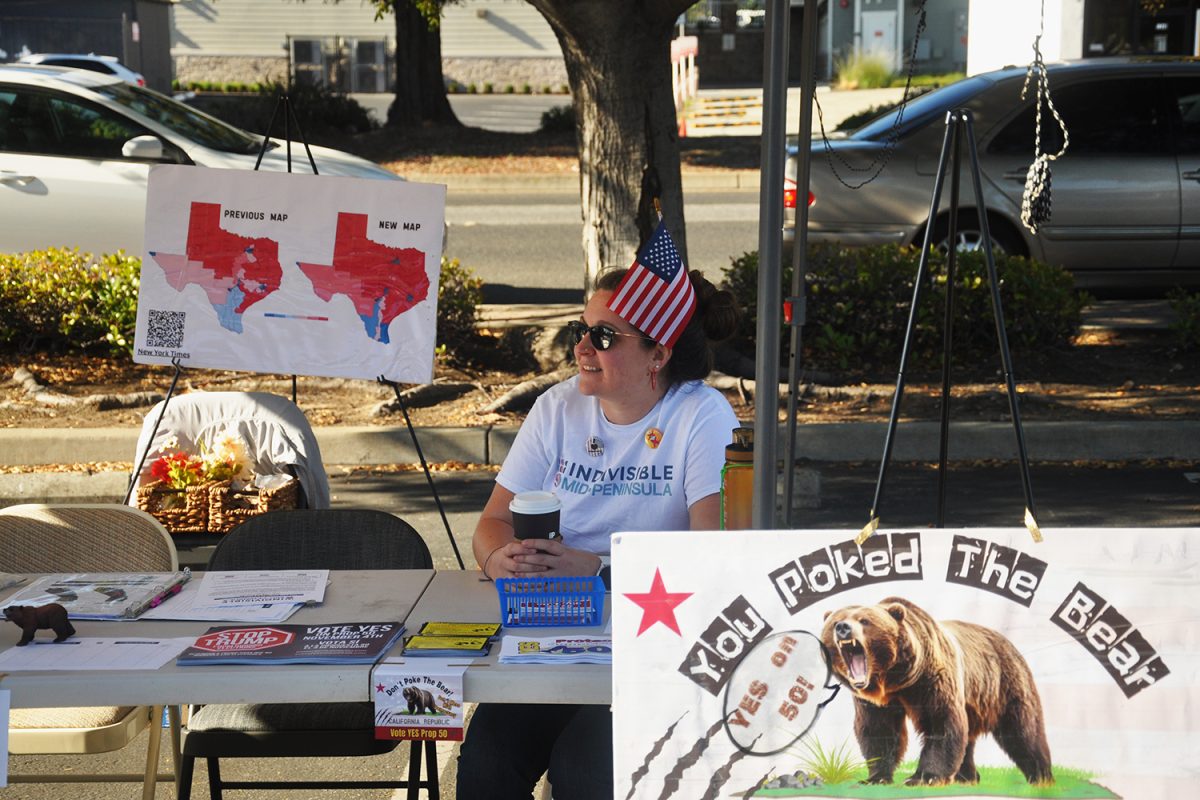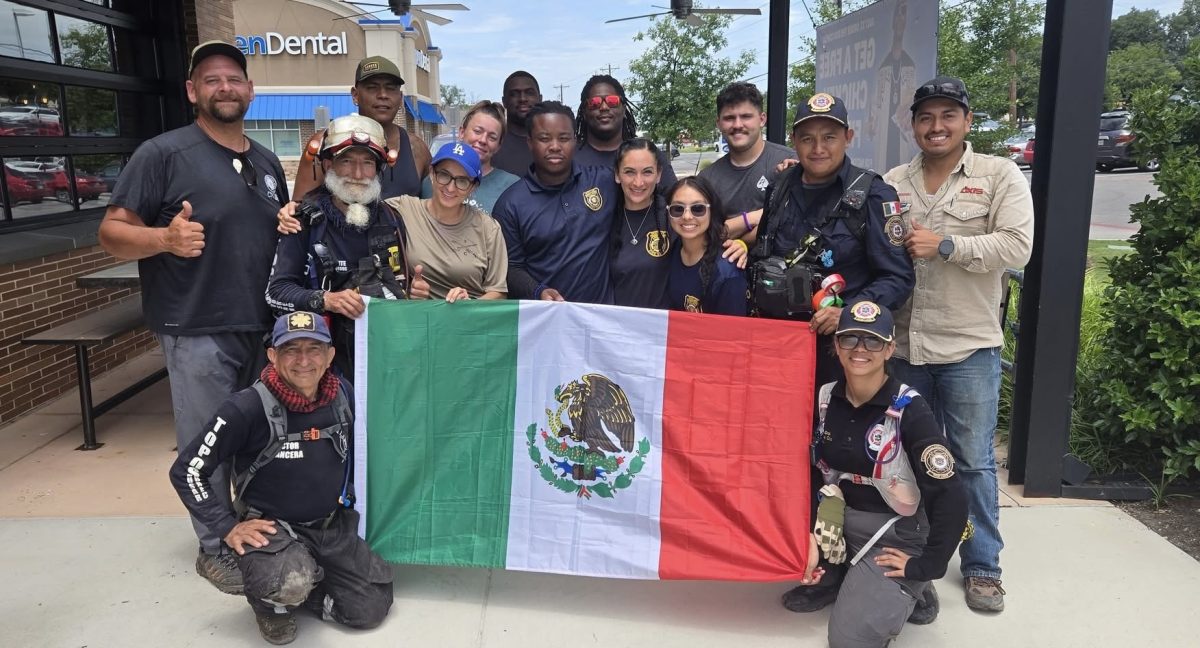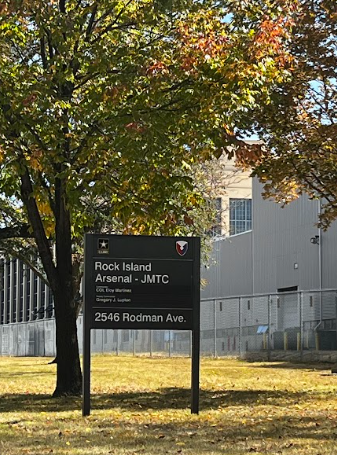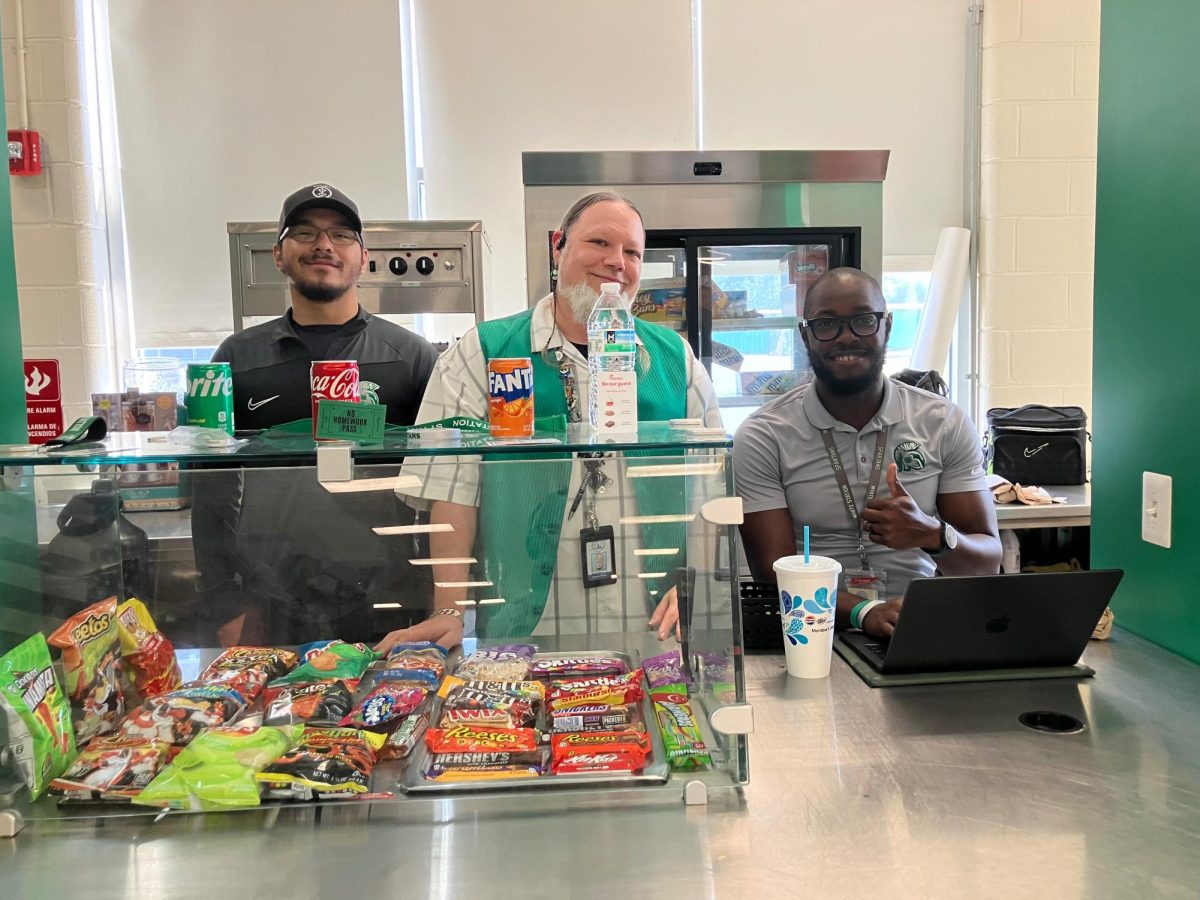I am no stranger to being called “whitewashed” — it’s a term I’ve heard over and over from my family and friends, along with synonymous terms like “coconut” (brown on the outside, white on the inside) and “ABCD” (American born confused Desi). It’s come up in every possible context, whether I’m talking about my favorite Taylor Swift album and someone feels the need to comment on how “whitewashed” I am, or whether I’m wearing Lululemon and someone says I “dress like a white girl.” For a very long time, I bought into these ideas and even began to shift away from thinking of myself as Indian — after all, I didn’t fit neatly into certain racial stereotypes, which seemingly made me “less” Indian. Looking back, all that did was perpetuate the idea that to actually be Indian you had to complete a certain checklist that was constantly changing and evolving.
The term “whitewashing” sorts people into specific categories that if they don’t fit perfectly into, they are labeled “too white.” These factors can include following a certain religion, liking a certain kind of music or dressing a certain way. Why should these things define  someone’s race and ethnicity? One’s cultural identity is so much more diverse and deep than the checklists created by people who automatically decide what someone should be. One’s connection to their home country doesn’t need to be determined by what they choose to enjoy or how they choose to present.
someone’s race and ethnicity? One’s cultural identity is so much more diverse and deep than the checklists created by people who automatically decide what someone should be. One’s connection to their home country doesn’t need to be determined by what they choose to enjoy or how they choose to present.
Beyond that, calling someone “whitewashed” for simply doing what they enjoy strips us of the ability to simply do things for fun. Liking a certain kind of music, even if it’s categorized as “white girl music,” should not be used as an insult or a way to put someone down. Dressing in certain brands or styles should also not be used as a way to insinuate that someone is “too white.” An entire race can’t be relegated to superficial hobbies or personal choices. Using terminology that describes someone as an “ABCD” also contributes to this, insinuating that there is a singular way to be Indian, and if you follow any other path, you’re confused and in the wrong. This ignores just how diverse India is as a country and how diverse the spectrum of “being Indian” is — it could mean any number of different things to different people.
Although “whitewashed” may seem like a casual warning that someone appears to be ignoring important aspects of their culture, in reality, it’s a thinly veiled racist insult for someone who’s assimilated to an aspect of another culture. It’s unlikely that someone would criticize an American of British or German descent for not being British or German enough or not liking British or German food. Why is there pressure on people of color to belong to their races, when the same can’t be said of other races? It’s important to acknowledge that if someone grew up in the U.S., they would likely have assimilated in some way due to being raised here. Assimilation isn’t a negative thing — it can bring comfort or form a community. Everyone could be considered “whitewashed” based on the constantly shifting definitions. Some people might have grown up in areas where they didn’t get the opportunity to learn about their culture, making them “whitewashed” when they never really had a choice. People are a product of their environment, and people who grow up in the U.S. should not be expected to have the exact same experiences and interests as people who grew up in vastly different environments.
This isn’t to say that whitewashing shouldn’t be discussed — whitewashing of media, books and history are real pressing issues that erase the voices of people of color and uphold white supremacy. Whitewashing in the context of a person originally referred to someone who looked down on their heritage culture and talked down about it — this is internalized racism and should be called out. 
Despite this, we need to recognize how throwing the term “whitewashed” around casually not only perpetuates certain racial stereotypes and fixates upon categories that can’t defy anyone’s experience as an American, but also closes off conversations about internalized racism. It’s a lot simpler to call someone “whitewashed” for only dating white people or for joking about their culture than to discuss how internalized racism affects all of us and the way we view ourselves. Discussing our own experiences living in Cupertino could lead to productive conversations, rather than being a divisive force used to offend people.
Here at MVHS, “whitewashed” is often used casually and as an insult. We need to move away from this terminology and define what counts as an incorrect usage of the word. It’s important to interrupt when you hear someone misuse it to keep us all in check and to avoid spreading this form of racism. As people, we are so much more than an arbitrary checklist, and it’s ridiculous to attempt to box someone, their culture or how they choose to connect with their culture into that.
This story was originally published on El Estoque on September 13, 2024.


